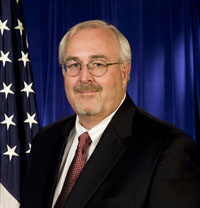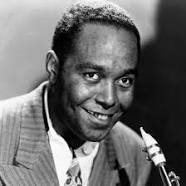After bombs exploded at the Boston Marathon, April 15, 2013, the FBI and the Boston Police tracked down the alleged terrorists, who in the course of their flight killed a cop at MIT, hijacked a Mercedes, fired and threw bombs at police, and tried to ram the police with the stolen car.The FBI is outstanding when it comes to creating ad hoc, large-scale investigative networks. While in the past they were notorious for not cooperating with other agencies, today they have a hard-won reputation for cooperating and sharing credit with other agencies. The Bureau brought 1,000 people to Boston, from the Bureau and other agencies, and coordinated with other working remotely on facial recognition and other aspects of the investigation.
I give high marks to the law enforcement response.
What I’m most disturbed by that once again, 11 1/2 years after Sept. 11, 19 years after the first WTC bombing, we improvise terrorism response on the fly. We have an ad hoc police response. This can be effective in tracking down alleged terrorists.
We don’t have:
- Consistent policies for reimbursement for property losses,
- Consistent policies on helping households maintain income when a breadwinner is killed or injured,
- Health care policies in the event of a disaster, not to mention a health care system that provides for all Americans.
We also need to think about health care for First Responders, particularly those injured on the job. And we need to understand that an “injury” can be acute, as a broken arm, and it can be non-acute, or subtly, such as an injury that impairs heart or lung function. When there’s a doubt about how people were injured, let’s give responders the benefit of the doubt. In New York City, municipal government denied a connection between health and working at Ground Zero – an argument which suggests why lawyers are held in low regard.
We need to standardize recovery and rehabilitation and reimbursement – as much as prevention and immediate response.
We will take care of the wounded and maimed and the families of those killed, whether by terrorists as at Boston Marathon, by industrial accidents such as at West Fertilizer in Texas, or Mayflower, Arkansas, or psychotics such as at Aurora, Colorado or Sandy Hook Elementary in Connecticut.
However, we keep re-inventing the wheel. We can’t foresee each disaster – as much as Reps. King and McCaul, and Senator Graham might like us to (earlier post). But we know that disasters will strike. Just as we have police resources, such as the Boston Police and the FBI, and emergency responders, we need to develop policies and protocols, and a safety net, to care for victims, survivors, and their families.
As much as we may love Robin Williams, below, Charlie Bird Parker, left, and other masters of improvisation, and while there is a need for an ad-hoc response to unpredictable events, we need people like Craig Fugate, pictured above, running agencies like FEMA and careful, thoughtful planning in governance and policy making.


